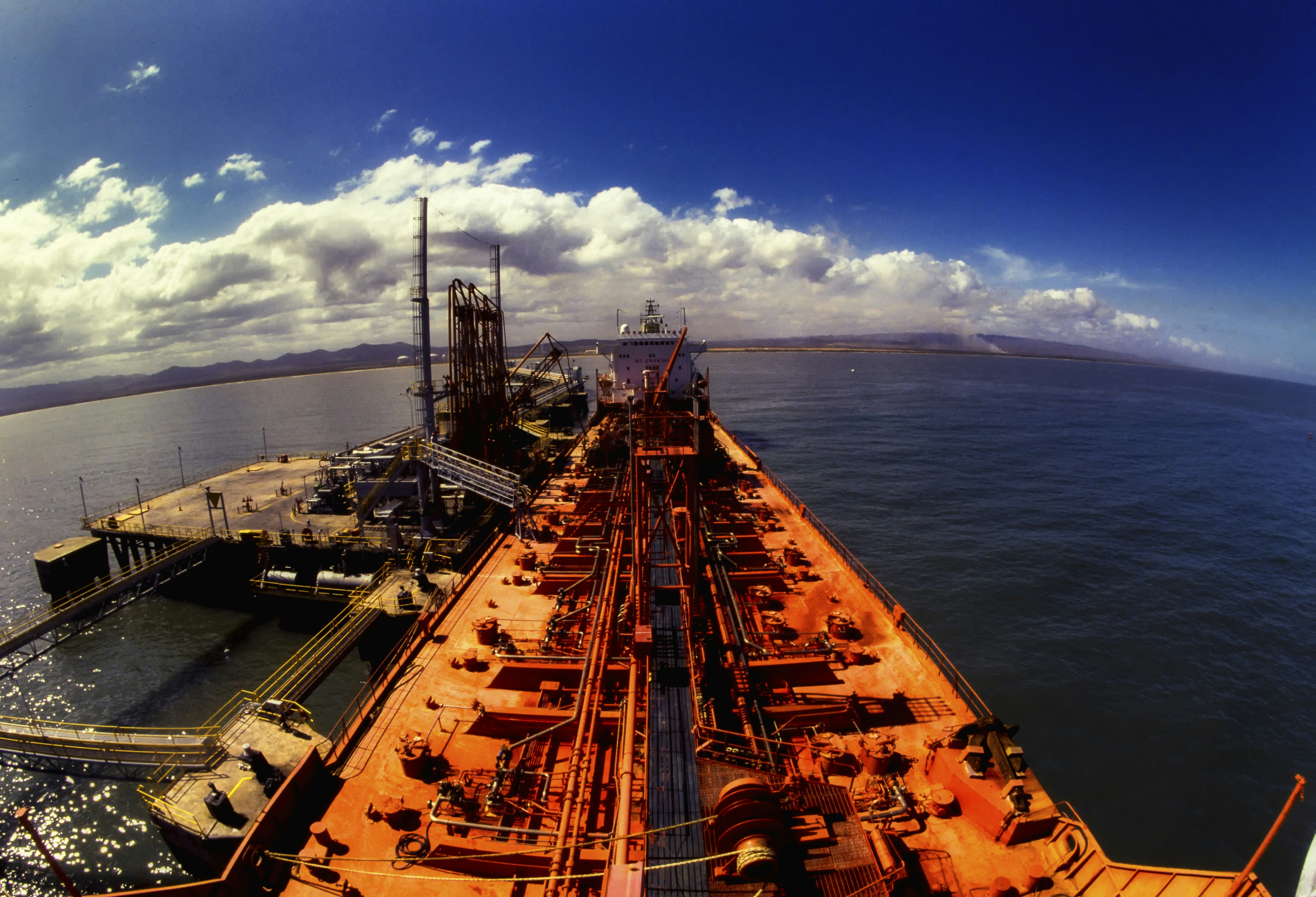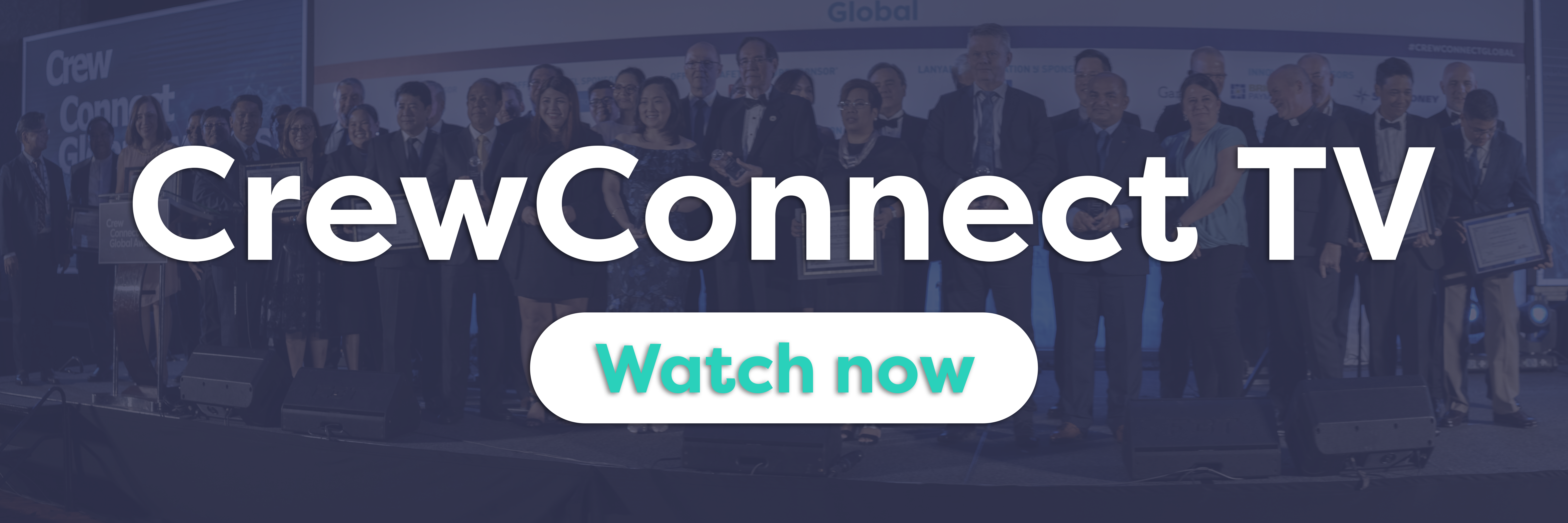Mike Powell, Cardinal Point Marine: “Seafarers are very good at adapting”

At this year’s CrewConnect Global, we spoke to the leaders and stakeholders of this industry, and found out about their views on the changes in the maritime industry and their impact on crewing and seafarers.
Mike Powell FNI, Founder of Cardinal Point Marine Ltd, shares his excitement about the technologies that will impact training, and his views on the upcoming changes in the industry.
There is a lot of talk about digital technologies improving safety at sea. What are your thoughts on that?
“It is interesting because in some contexts we talk about digitalisation as if it’s something that’s recent, but actually, in terms of maritime education, training, and training delivery, that has been going on for quite some time.
When I started training, which was a few decades ago, we moved around with little wooden ships around tables and now we have computer-based training. It started with software packages on ships and some of those companies are represented here [at CrewConnect Global]. They’ve got quite a legacy delivering digital solutions for training.
The other big change where digitalisation has had a massive impact is on simulation. That’s going to make a huge difference to the way we go forward with training. A lot of this conference is about the standards of training, certification, watchkeeping, and how they need to change. One of those changes will be facilitated by the access to simulation and virtual reality environments where seafarers can probably experience in several days scenarios that they wouldn’t see in years of sailing, and these are particular safety items.
Digitalisation is already there in this context and it should lead to greater competencies. But the caveat to that is that the regulations need to catch up. Quite often, at the moment, access to simulation is a discretionary spend, and in a cost-driven environment, that shipping often (or always) is, it means that you won’t spend the money unless it’s mandated. So the regulations need to catch up and take advantage of digitalisation. It may mean, for example, that instead of qualifying a master mariner in 10 years, you might be able to do that in half that time or less.”
With the 2020 sulphur cap approaching, how do you see seafarers adapting to this upcoming challenge?
“We’re going to see increasing additional equipment. Seafarers already have to deal with ballast water treatment systems which they didn’t have before, and now exhaust gas cleaning systems, which is one of the other alternatives. That puts an extra load on seafarers. We’re not certain how some of the compliant fuels will interact with the machinery and the crews need to deal with that too. There needs to be training, preparation and management, but there’s still a great degree of uncertainty as to what that post 2020 scenario will look like.”
How is the industry counter the associated risks to seafarers and to the business?
“Part of the industry have been very late to the party because of the uncertainty whether the compliant fuels will be available. There’s also uncertainty whether the poor fuels would still be available because you need to break down the long chain molecules in the residual fuel oils to deliver the compliant fuels. So a lot of uncertainty led to delay.
Other owners took a view early on as to what they were going to do, so they’ve had time to prepare, but every operator needs to constantly monitor the risks to their operations and come up with the best risk mitigation strategy. It’s not down to the seafarers as such, but the shipowners should be communicating their mitigation strategy to the crews in good time, so that they know what they can expect in 2020.”
With new technologies like the ballast water management systems on board, how are seafarers faring with the changes?
“I think in general, seafarers are very good at adapting; I’d like to think that I have been when I was at sea. I think that it’s rather easy to put a single equipment on board to fix a particular problem, but where we need to change culture is much more difficult and it takes longer.
Some of the themes that have come up during the conference like diversity and inclusion are cultural changes. You can’t fix that by buying a new piece of kit which can be delivered onto the ship in a few months. So these things in terms of management of change are relatively simple compared with other things that the industry needs to do and accommodate.”
